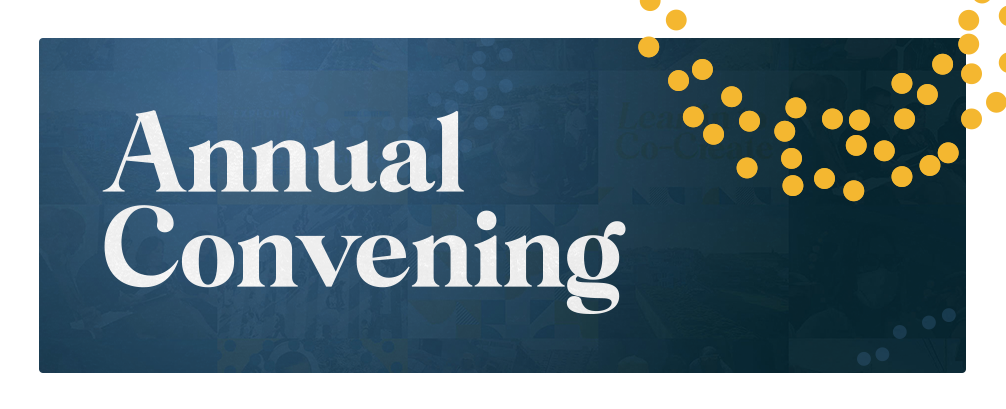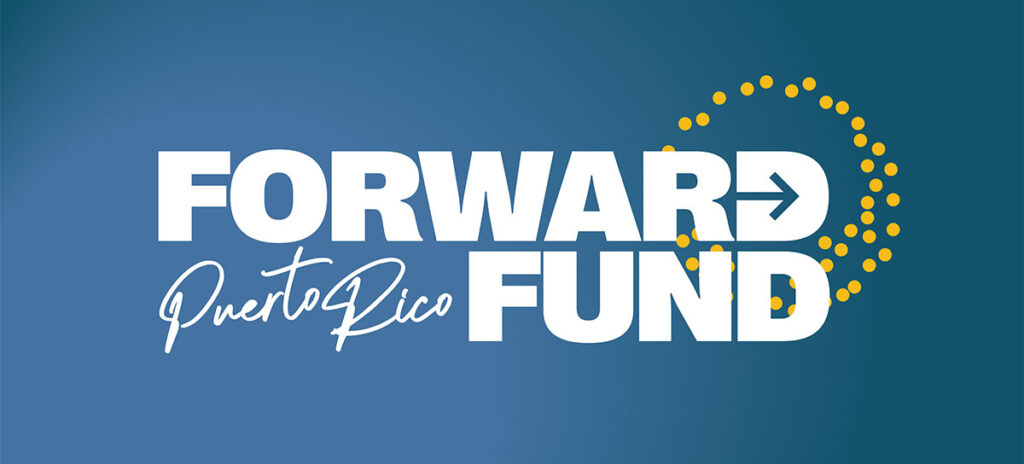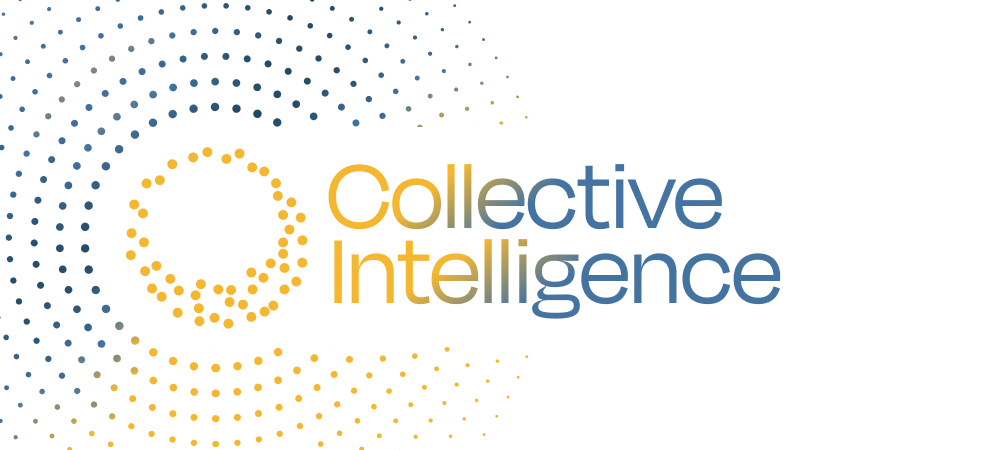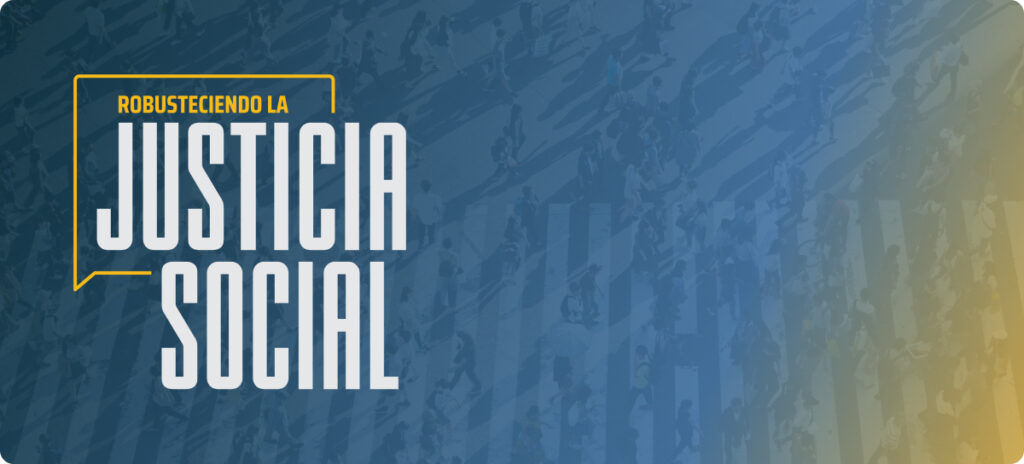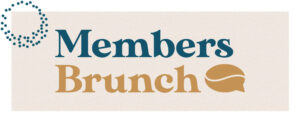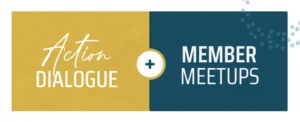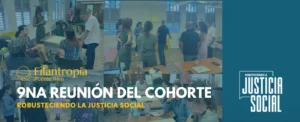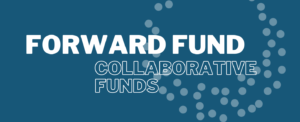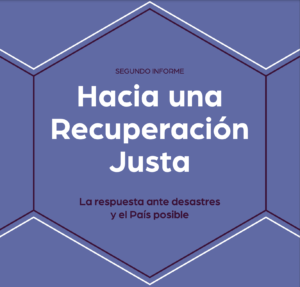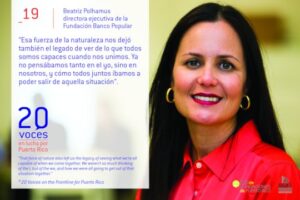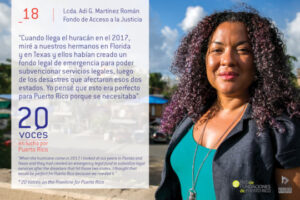FiPR News Segundo Brunch de Membresía de 2024...
Read MoreField Update: PECES
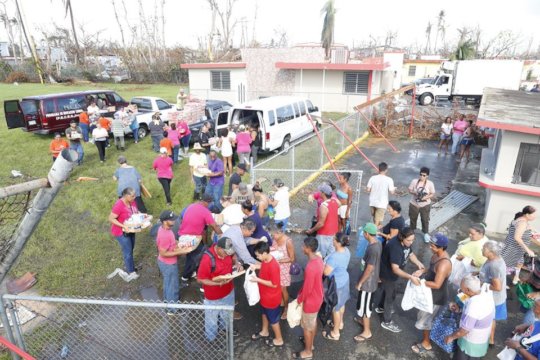

- Hurricane Maria hit land at Barrio Punta Santiago in the town of Humacao with winds reaching at least 185 miles an hour. The combination of rain and wind created a sea surge that flooded this community built by fishermen. Since 1985, this area is the home of Programa de Educación Comunitario de Entrega y Servicio (P.E.C.E.S.) which signals a community education program that emphasizes dedication and service. PECES is also the Spanish word for “fish,” a name that evokes the community’s origins. When José Javier Oquendo, PECES´ president, walked through the neighborhood after Hurricane Maria, he was overtaken with grief as neighbors in tears told him how the water flooded their modest homes taking all they owned. He later recounted, “These scenarios are only lived in horror movies. I didn´t know what to tell them.” But together, the community quickly realized “that what we need is our willpower”. PECES lost all of its facilities except for their main building, which houses its headquarters.
Before the storm, PECES’s education and community development activities were already reaching over 25,000 people a year. After Hurricanes Irma and María, PECES quickly became a hub for the distribution of goods and services to the community. Working largely with Puerto Rico’s private and nonprofit sectors, over 100,000 pounds of products such as food, bottled water, cleaning and hygiene supplies were distributed, sometimes house to house, to 10,756 persons in 22 communities, including Humacao, Fajardo, Juncos, Gurabo, Las Piedras, Naguabo, Salinas and Guayama. Partnering with hundreds of volunteers, PECES has organized deliveries of freshly cooked food, clothes and shoes, home medical services, health fairs, social work and psychological services, as well as drug store services.
As in many parts of Puerto Rico, this area is still without electricity. The storm left debris that clogs the water channels, and recent rains flooded the area again. The PECES community realizes that even as the needs for immediate relief continue, they must think ahead and move toward a sustainable approach to greater community self-management in areas such as energy and water. They are planning new workshops to train community members to rebuild houses, and are considering how to incorporate solar energy in a community-based approach.
Under these challenging circumstances, it is heartening to see community members, some of whom lost everything they owned, working hard to serve others. As Oquendo states, “our people are giving their 100% when they have lost everything”.
Impact of the Forward Fund
FORWARD Puerto Rico Fund Impact of the FORWARD Fund Filantropía...
Read MoreReport: Towards a Just Recovery
Ayuda Legal Puerto Rico published the second report, which includes data,...
Read More20 Voices on the Frontline for Puerto Rico/ Voice 19: Beatriz Polhamus
20 Voices on the Frontline for Puerto Rico/ Voice 19:...
Read More20 Voices on the Frontline for Puerto Rico/ Voice 18: Adi Martínez Román
20 Voices on the Frontline for Puerto Rico/ Voice 18:...
Read More
